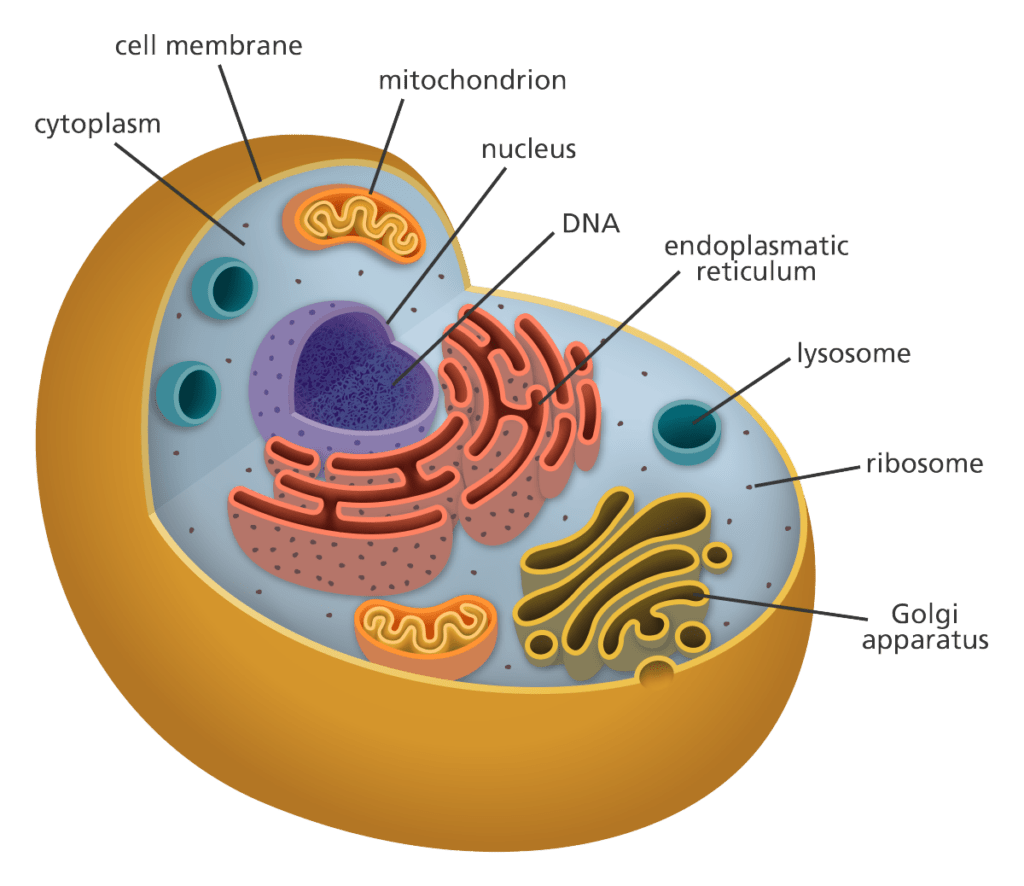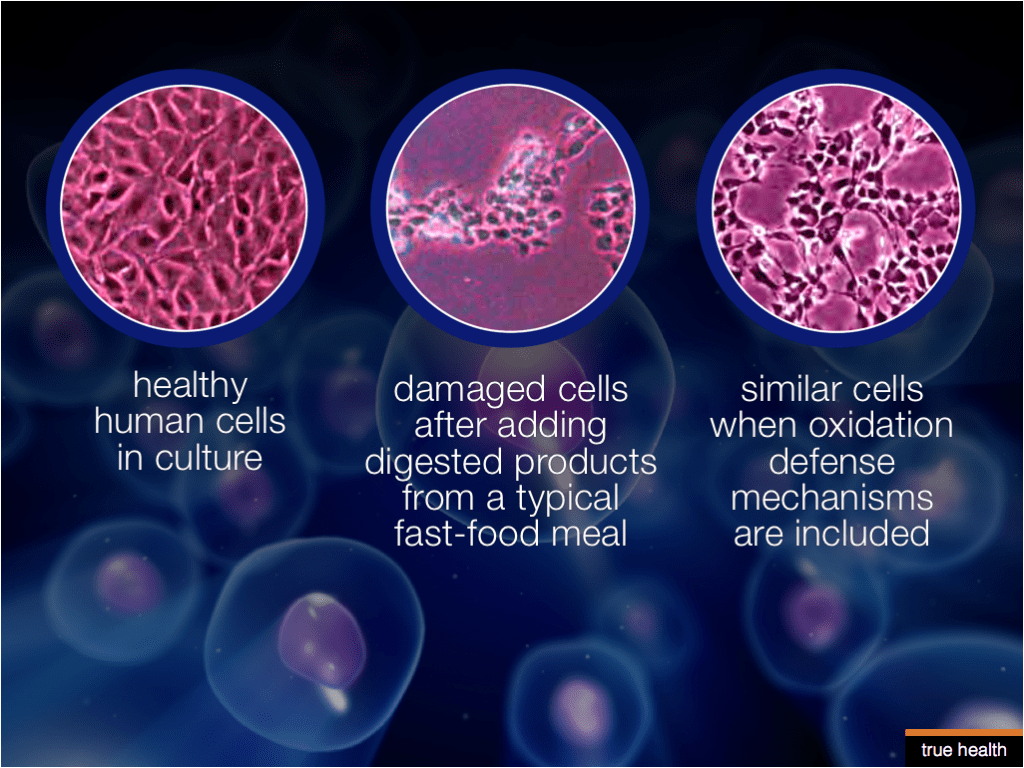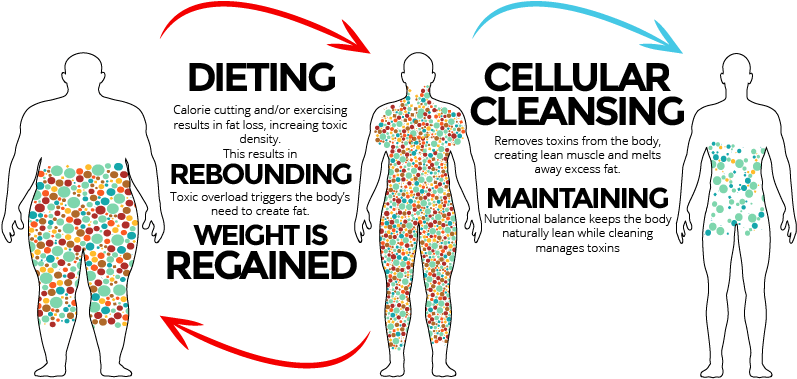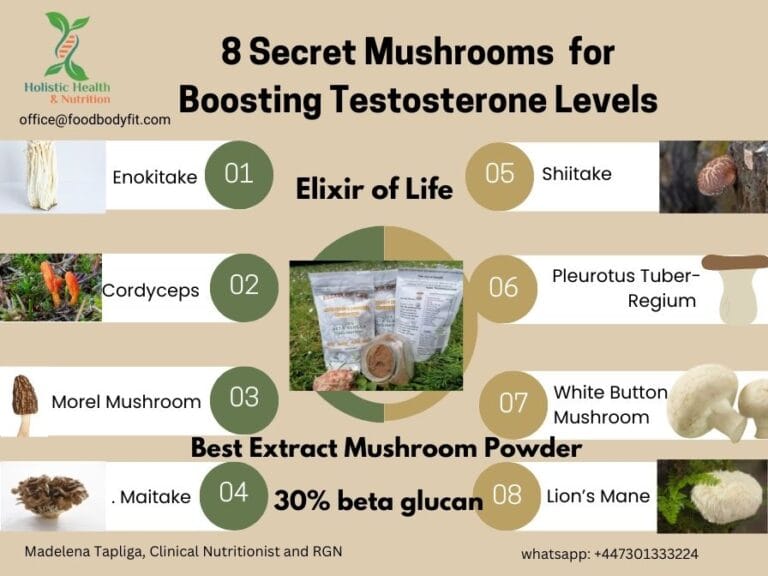What is cellular nutrition?
I’m excited to address some of the frequently asked questions via office@foodbodyfit.com regarding cellular nutrition in our upcoming blog post.
Join us as we explore the vital role of cellular nutrition and provide answers to your most pressing questions about its impact on overall health and well-being.
How we age is not down to luck or genes! It is up to you
The impact of nutrition on health goes beyond the individual and can even impact future generations.
It plays a significant role in the development and progression of chronic diseases, which ultimately affects lifespan.
Even mild deficiencies in single nutrients can result in altered immune responses
Epidemiological studies have found a correlation between being born small or having a low weight in infancy and an increased risk of developing coronary heart disease, type 2 diabetes mellitus, or obesity in adulthood.
Cellular nutrition helps to reduce inflammation, fight off disease, protect against premature aging, boost energy levels, improve mental clarity, and manage weight. All in all, cellular nutrition is an incredibly effective way to maintain good health and well-being!
How can cellular nutrition help improve overall health?
Cellular nutrition is a powerful tool for anyone looking to improve their health and wellness. Cellular nutrition works by providing essential nutrients to cells at the cellular level, allowing them to be more efficiently used and metabolized by the body. This means that each cell is getting the exact nutrients it needs for optimal performance and health.
How do you build cellular health?
By utilizing a high-quality nutritional supplement, individuals can ensure they are providing their cells with the necessary vitamins, minerals, antioxidants, and amino acids needed for proper functioning.
What are the key components of cellular nutrition and how it affects overall health
The role of nutrition in immune function is crucial, as malnutrition stands as the leading cause of immunodeficiency worldwide.
One particular form of malnutrition, known as protein-energy malnutrition, has been found to significantly impair various aspects of the immune system. These include cell-mediated immunity, phagocyte function, the complement system, concentrations of secretory immunoglobulin A antibodies, and the production of cytokines.
Even mild deficiencies in individual nutrients can result in altered immune responses. Among the micronutrients, zinc, selenium, iron, copper, vitamins A, C, E, and B-6, as well as folic acid, exert important influences on immune function.
Malnutrition is the leading cause of immunodeficiency worldwide.
Food is medicine, and our diets play a significant factor in our body’s natural regeneration cycles.
The connection between famine and disease has been understood for centuries. It is widely acknowledged that malnutrition and infection pose significant barriers to global health, development, and survival, with poverty and ignorance being the primary contributing factors.
Epidemiological studies have verified that infection and malnutrition exacerbate one another. However, the impact of nutrition on different infections is not uniform. There is substantial evidence demonstrating that nutritional deficiencies adversely affect the clinical outcome of certain infections, such as pneumonia, bacterial and viral diarrhea, measles, and tuberculosis.
On the other hand, infections like viral encephalitis and tetanus show minimal influence from nutritional status. Some infections, like the influenza virus are influenced by nutrition.
Nutritional therapy aims to support the body in a number of ways so that problems resolve themselves. Drugs, on the other hand, are designed, usually to block or boost a single compound that is causing a problem- such as too much cholesterol or stomach acidity, or not enough serotonin or insulin.
This makes nutrition and other lifestyle changes particularly suitable for encouraging healthy ageing, because ageing never involves just one thing going wrong at a time

Mitochondria
Energy is generated in the body in the mitochondria, which also releases damaging oxidants. The oxidants that are by-products can damage tissue in the cells, so cells need a good supply of antioxidants to “snuff” them out.
To keep the mitochondria, working properly, we all produce as an essential compound in the liver, called CoQ10, which can also disarm dangerous oxidants because it is an antioxidant as well,
As your aging body start, the wall of the mitochondria, becomes leakier, hence allowing oxidants to escape into the cells where they can cause damage, especially to the DNA.
Mitochondria needs B vitamins and Co Q10 to function and antioxidants to control oxidants.
DNA
Your DNA is constantly under attack from the oxidants, however, some of them come from mitochondria and others from external sources such as cigarette smoke, ultraviolet light, and radiation.
Cells make proteins using DNA as the blueprint. Therefore, damage to DNA speeds up aging because it means that instruction from proteins manufactured by the ribosome, can become garbled. Much of our body is made up of proteins- from our muscles to the enzymes that speed up chemical responses. The nucleus contains the DNA genetic code.
Needs vitamins, especially, C, D, and E, Zinc, and Magnesium.
DNA damage (in the form of mutation) can also have another very harmful effect- it makes cancer more likely by knocking out genes that are designed to kill off cells before they start growing out of control.
Without a good supply of a range of minerals and vitamins, your risk of faulty proteins and cancer goes up.
Telomeres
The telomeres sit right at either end of each chromosome where, rather like the plastic caps to protect the ends of shoelaces from fraying, they prevent the chromosomes from damage when the cell pulls apart down the middle to divide into two.
Telomeres are markers of healthy aging.
Need B vitamins and antioxidants, vitamins A, C, and E.
Lysosomes
One of their jobs is to break down any of those damaged proteins created by faulty before they start to accumulate, so the proteins are broken down into their amino acids, which are then reused.
Lysosomes are also designed to get rid of harmful chemicals, both those we consume and by “eating” them up with enzymes. Lysosomes are part of the system that encourages unhealthy cells to commit suicide if they seem to be growing out of control.
Left unchecked this leads to cancer.
Unfortunately, there are many chemicals that lysosomes cannot break down.
Cell membrane
A powerful factor controlling a cell is what is going on in the cells around it, and information about this has to come in through the membrane.
Hence, the membrane acts partly like our senses, constantly responding to what is going on outside and feeding it back inside. It is made up of a mix of fats and proteins arranged so that certain molecules are allowed in but others are not.
Drugs and other chemicals, along with nutrients, can enter through channels built of proteins
Essentially, this wall is made up of what we choose to eat; so not getting enough of the right ingredients can therefore mean that your cell membranes will function less efficiently.
Along with the protein, the cell membrane is composed of phospholipids and essential fats, which can be found, among other sources, in eggs and fish.
Needs various types of fats, such as omega-3, cholesterol, and phospholipids

What is the link between medication and cellular nutrition?
The drugs can lower vitamin and mineral levels

Effects of Medications on Vitamin and Mineral Levels and their Impact on Cellular Functionality
Numerous medications may disrupt the body’s natural balance of vitamins and minerals. For example, certain antibiotics, anticonvulsants, and diuretics have been associated with decreased levels of key nutrients, including vitamins B complex, C, D, and K, as well as minerals such as calcium, magnesium, and potassium. Conversely, some medications, like corticosteroids, can lead to an excessive accumulation of certain minerals like sodium, while reducing potassium levels.
How about we share a few instances to help illustrate the point?
- Cholesterol-lowering statins also cut the production of a powerful antioxidant called CoQ10, which is needed by your mitochondria to produce energy. That is why so many people on statins feel tired.
- Diuretics to lower blood pressure rush various minerals and vitamins out of the body, including vitamin C, calcium, potassium, and magnesium, all of which are involved in controlling blood pressure!
- Ace inhibitors, also used for hypertension, cut available zinc which is needed by the immune system to make testosterone, so no more sex drive.
- SSRI antidepressants, lower thyroid hormones, but these same hormones are involved in regulating energy and mood! As a result, most people on antidepressants find they work less over time, but when they try to quit, many absolutely awful, with seriously depleted serotonin levels and thyroid problems to boot ( Suzy Cohen, 2011)
Keeping your mitochondria, DNA and the rest of the key players working as well as possible is an essential part of the secrets of healthy aging.
The best ways of doing this are with certain types of exercise and a diet that is specifically designed to help with the changes that come with aging, along with supplements where necessary.

What would be the best diet for your cells?
Caloric restriction (CR) can extend the average and maximum life span and delay the onset of age-associated changes in many organisms
- Caloric restriction (CR) can extend the average and maximum life span and delay the onset of age-associated changes in many organisms. CR could delay many diseases associated with aging including cancer, diabetes, atherosclerosis, cardiovascular disease, and neurodegenerative diseases
- Fasting
Blood test
Personal Health! Do you want more energy, better sleep or even healthier skin? Whatever your personal health goals, you can use health checks to make sure your body is getting enough of what it needs, helping you to reach your personal best. Give us a call, send an email or chat with us for professional advise .
References
Cohen, S. (2011). Drug Muggers: Which Medication are Robbing your body of essential Nutrients.
Book an Appointment Now
First appointment is free. No additional costs. Cancel anytime.





[…] mitochondrial activity within cells, which could lead to increased energy availability and boosted endurance for […]
[…] effects. Wong et al. (2013) investigated its potential in treating ethanol-induced ulcers, using Omeprazole as the positive control. The mushroom extract was given one hour before ulcer induction. The study […]